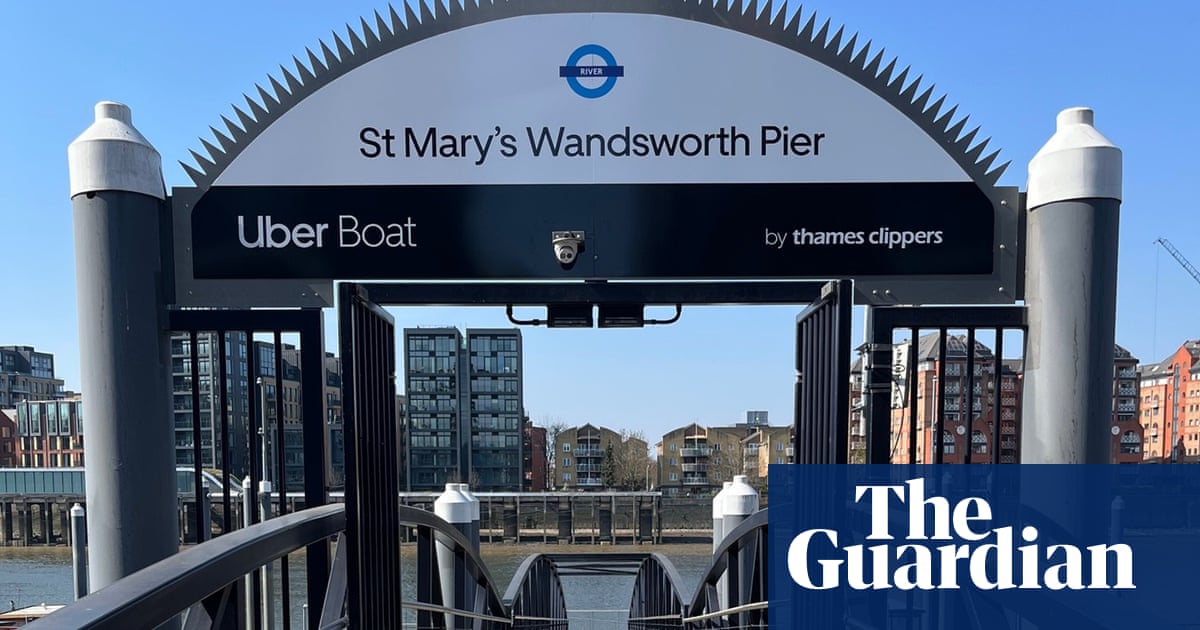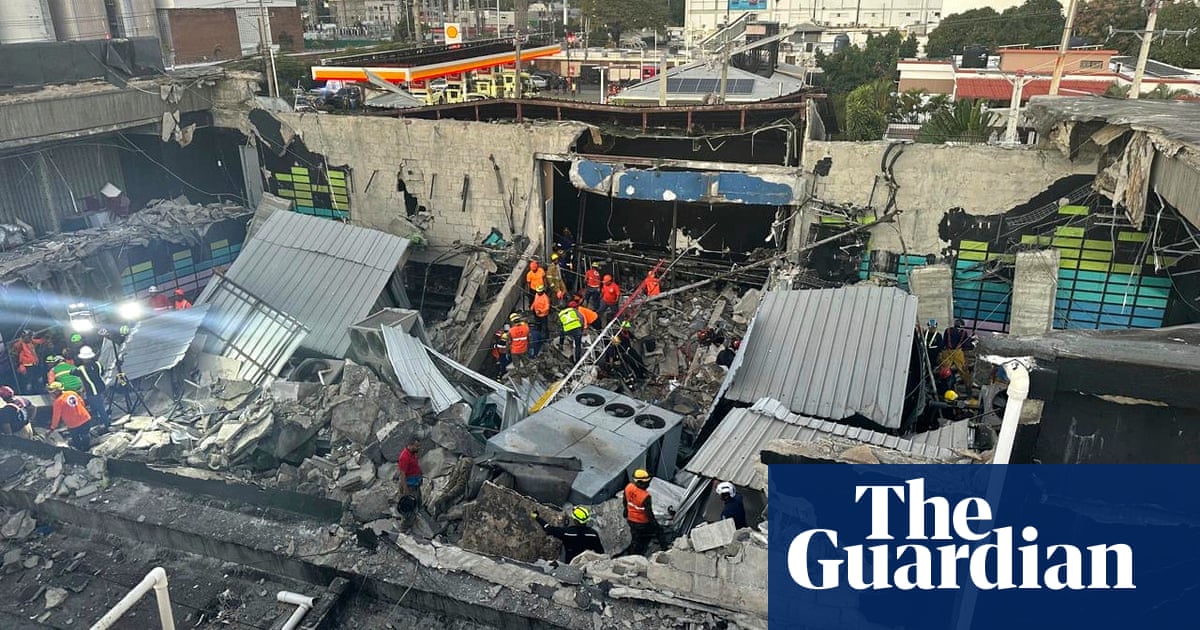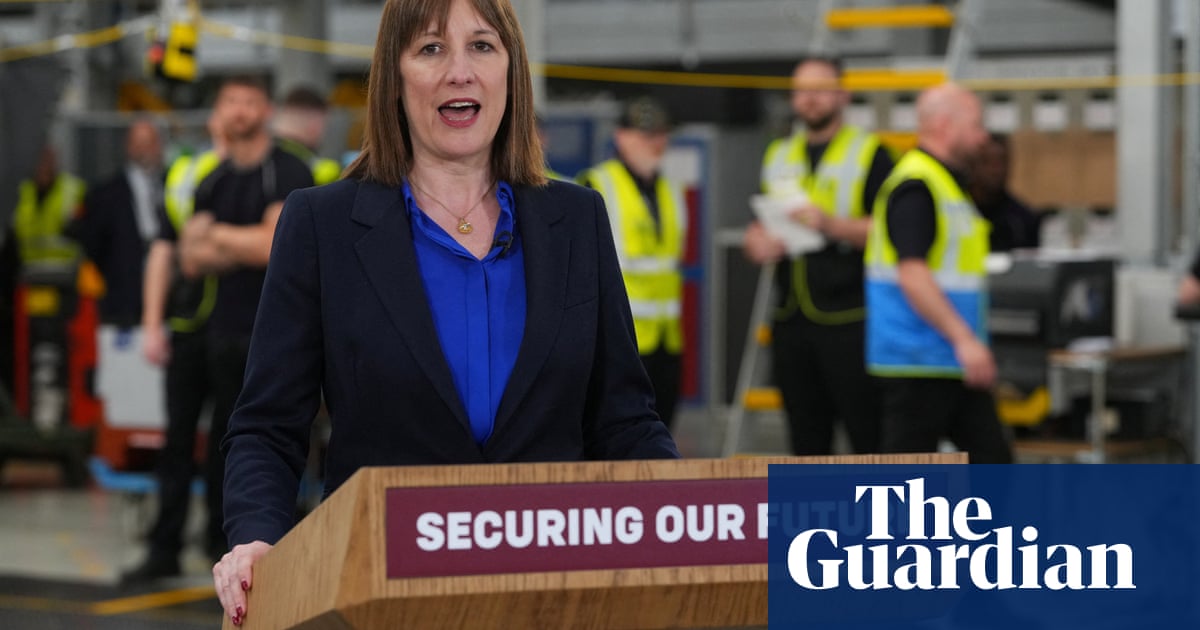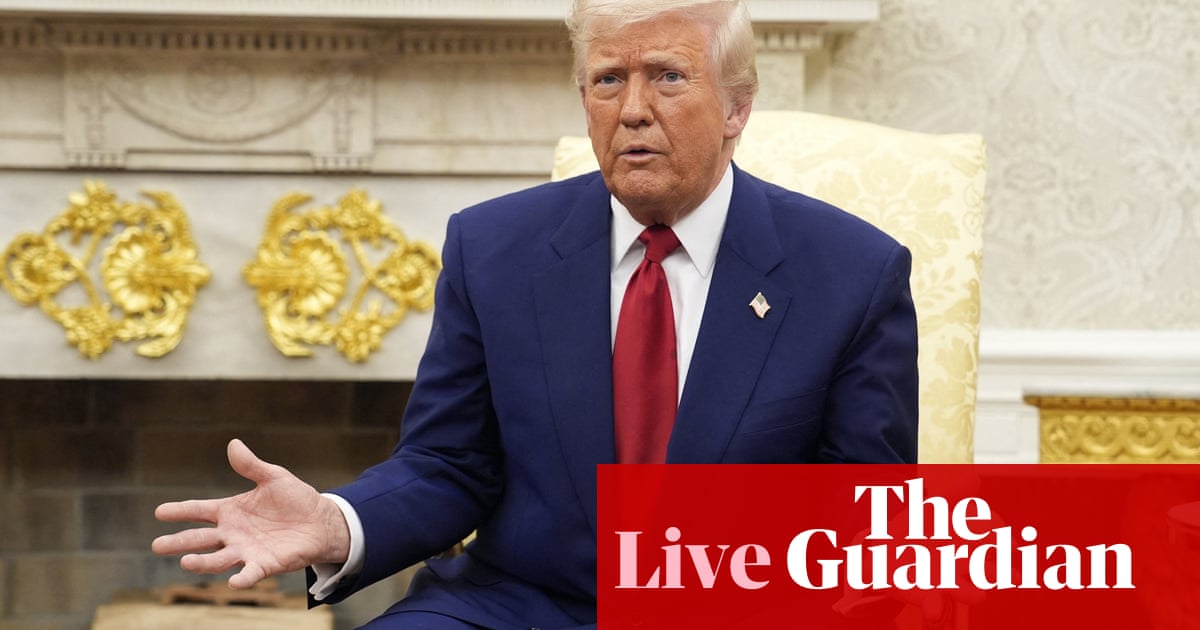Britain is “behind the curve” in tracking Russia’s deep-sea operations, an ex-minister has said, after spy sensors targeting Royal Navy submarines were found in waters around the UK.
Tobias Ellwood, a former defence and Foreign Office minister, called for a huge expansion of the navy’s surveillance capability after it was revealed that a number of Kremlin spy devices had been seized by the military.
He said the revelation, revealed by the Sunday Times, confirmed that Britain was “now in a greyzone war with Russia”
Vladimir Putin’s regime is believed to have been trying to spy on the navy’s four Vanguard submarines, which can carry nuclear missiles, with the sensors. The Sunday Times reported that some of the devices had been located by the Royal Navy, while others washed ashore.
Their discovery was deemed to be a national security threat, the newspaper reported, and it has not officially been confirmed by the British government.
The sensors are part of Putin’s expansion of “greyzone” warfare – a campaign of surveillance and sabotage targeting key infrastructure.
Ellwood, who stood down as a Conservative MP last year, described the revelation as “proof [the UK is] now in a greyzone war with Russia”.
He said the use of sensors was “only half the story”, claiming that the Kremlin had established “remote seabed platforms” off the UK coast that act as recharging stations for dozens of mini-submarines “to map our undersea cable networks for potential sabotage”.
He told the Guardian that government officials were aware of these deep-sea Russian bases and that efforts were being made to “realise that there is a delta between our resilience and the threat that we face”.
“Ninety per cent of our data comes from the sea and 60% of gas comes from Norway by one line so you can see how vulnerable we are,” he said. “The scale of damage [they could do] is enormous and it’s deniable and it’s cheap to do. That’s the worrying dimension of all of this.”
He welcomed the commission of the RFA Proteus, the UK’s flagship deep-sea surveillance vessel that was acquired by the Royal Navy in 2023, but said the UK was “behind the curve in our deterrence and our ability to respond”.
The Proteus is “just one ship and given the threat from this greyzone capability we are going to need half a dozen of these vessels if not more”, he said, citing the potentially catastrophic impact of key energy and communication lines being sabotaged.
Suspicious incidents in the Baltic have intensified concerns over Russia’s “shadow fleet” and its alleged sabotage activities.
The Estlink 2 submarine cable between Finland and Estonia was disconnected from the grid last Christmas Day, little more than a month after two telecommunications cables were severed in Swedish territorial waters.
Investigators said the Russian tanker, Eagle S – thought to be part of Putin’s so-called “shadow fleet” – had damaged the Estlink cable by dragging its anchor over it.
The Sunday Times quoted a serving British military figure as saying: “There should be no doubt, there is a war raging in the Atlantic. This is a game of cat and mouse that has continued since the ending of the cold war and is now heating up again.”
Another source said: “It’s a bit like the space race. This is a world clouded in secrecy and subterfuge … but there’s enough smoke to suggest something is on fire somewhere.”
A Ministry of Defence spokesperson described the Sunday Times story as “speculation”, adding: “National security is the foundation of this government’s plan for change, which is why we are committed to enhancing the security of critical offshore infrastructure.
“Our continuous-at-sea nuclear deterrent continues to patrol the world’s oceans undetected as it has done for 56 years. We are also stepping up our defence spending with an extra £5bn for the defence budget this year, and a commitment to raise our spending to 2.5% of GDP from April 2027 to keep us secure at home and strong abroad.”
Luke Pollard, the armed forces minister, told MPs last month that the UK had been “more proactive” in its response to Russian aggression. But he added: “It’s not always an eye for an eye … In the event of any actions being taken against UK infrastructure, we would look at all the options available to us.”

.png) 2 days ago
7
2 days ago
7













































